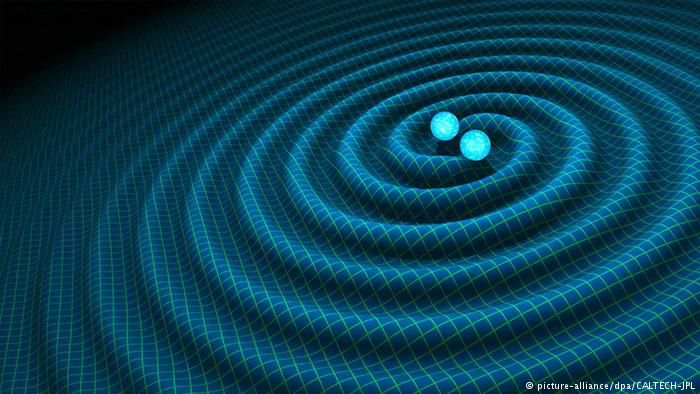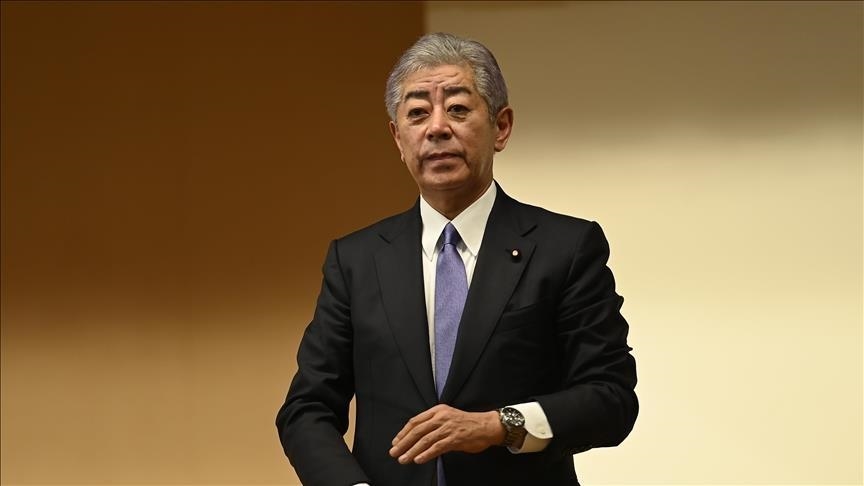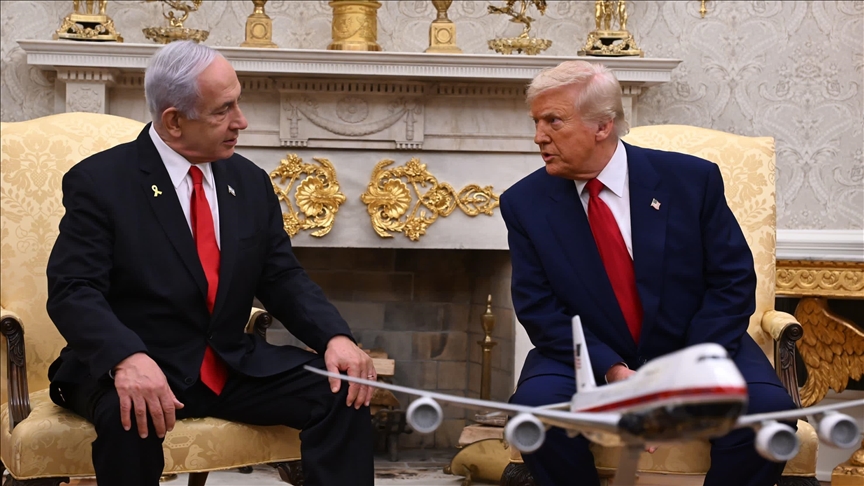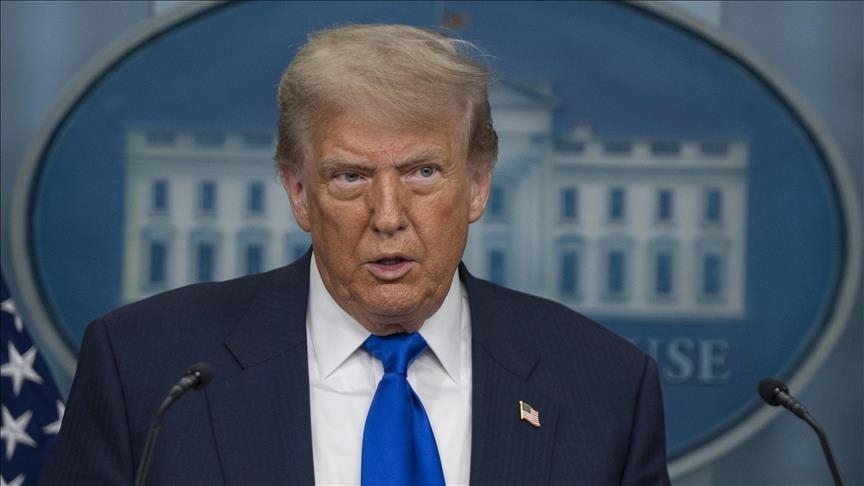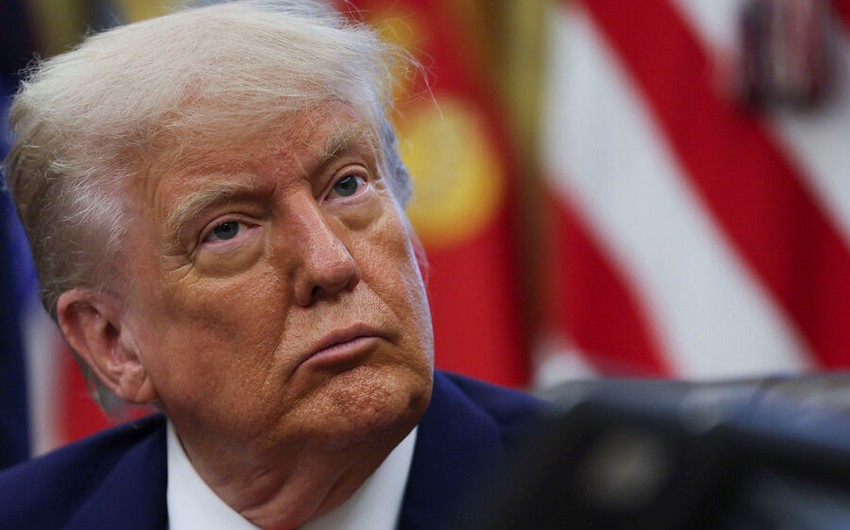When it comes to gravitational waves - was Einstein right?
Karsten Danzmann: Of course he was right. We didn't really have a doubt about that. Still, it was a big challenge to directly listen to the universe and not just indirectly, or just look at the universe with our eyes. For thousands of years we have only looked at the universe, but the sense was missing. Now, finally, with detecting gravitational waves we are also able to hear the universe and this whole new sense opens the dark side of the universe that we've never had any glimpse of before.
There has been a lot of research done on gravitational waves here on Earth. Are there plans to start researching them in space?
Certainly. Just like light comes to us in all kinds of colors, so do gravitational waves come to us in all kinds of frequencies. In the high-frequency range, frequencies that our ears could hear, you listen to the universe and what you hear is the light stuff, things that have a low mass like stars or intermediate black holes. But all the heavy things move very slowly, like super massive black holes for example. That slow movement is "hidden" on Earth because everything here moves. Leaves fall from the trees for example and that shakes the gravitational wave detector, which cannot be shielded. So, for that reason you have to go into space. And we have been working for many, many years on a space mission that will detect the low frequency gravitational waves.
Another reason you have to go to space?
Because for the lower frequencies you need big ears, like you need big instruments to make the low tones. So, a contrabass is big and a violin is small and the same holds true for the gravitational wave detectors and sources. That's why we go into space and build a big ear that's millions of kilometers large. The technological precursor is flying right now. It's marvelously successful and the full mission will maybe fly in fifteen years
Germany, it is often said, is really contributing to the field of international research on gravitational waves. As the discoverers of gravitational waves, what role does Germany play at the moment when it comes to international research?
Germany has been a pioneer in experimental gravitational wave research from day one. Even half a century ago when there were one, two or three people in the world trying to experimentally detect gravitational waves - German researches were among the pioneers. They have always been on the forefront of the field, even at the time when the proposals for the big detectors were brought forward, at the beginning of the 1990s. In fact, we had teamed up with a British team to propose a detector in Europe at the same time that the LIGO [the Laser Interferometer Gravitational-Wave Observatory in the US, the ed.] proposal was brought forward.
It just happened that historically something more important happened than building big gravitational wave detectors and that was German re-unification. That meant that at the time there was no money available for a new project in fundamental science, whereas in the US the LIGO project made big progress. That's why the big detectors that have made the detections are now in the US.
But what we could continue to work on in Germany is technology. Researching the technology that goes into the big detectors is something you can do without needing hundreds of millions of Euros. You only need a few million. For a lot of people that's still a lot of money, but in science a few millions is pocket change. So, we continued to do what we knew how to do and that was to develop the technology. It makes us very happy that many of our technologies are at the heart of advanced LIGO now and have really helped make this instrument into what it is.
Karsten Danzmann is the director of the Max Planck Institute for Gravitational Physics in Hanover, Germany. He will be awarded the Körber Prize for Science, which comes with a prize purse of 750,000 Euros, on September 7.

